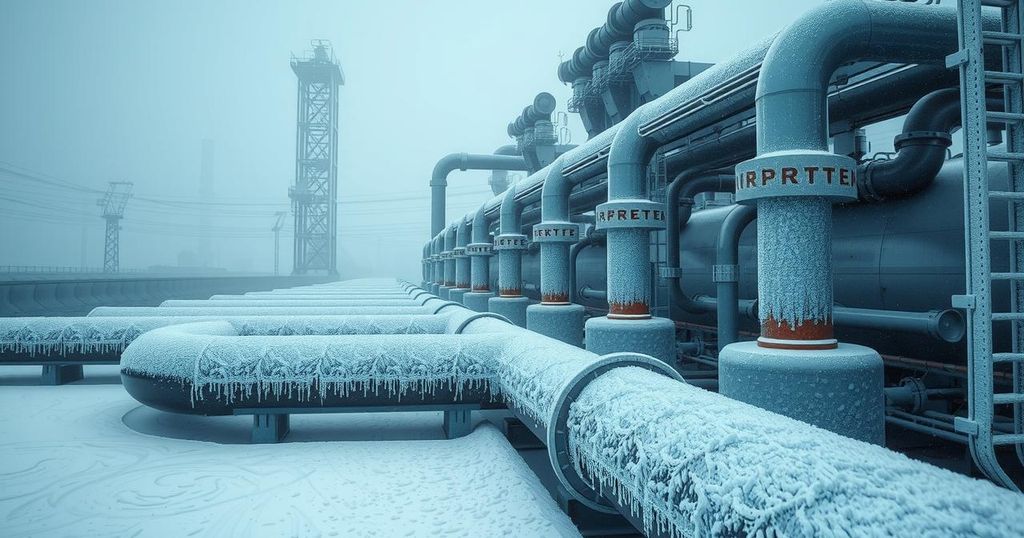Minister Prada has highlighted how a credit freeze is causing hydrocarbon shortages in Bolivia, attributing the issue to legislative failures in approving necessary loans. This situation has created a gap in the foreign currency flow, leading to long lines at gas stations and increased challenges in meeting domestic fuel demand.
In Bolivia, a credit freeze is negatively impacting hydrocarbon imports, leading to a shortage of diesel and gasoline supplies. Minister Prada expressed concern over misinformation propagated by national assembly members regarding fuel purchase credits, emphasizing their vital role in maintaining dollar flow for fuel acquisition. He pointed out that the long queue at gas stations have become a means to evade responsibility for the diminished foreign currency flow necessary for these imports.
Prada highlighted that loans, managed by the national government, are crucial for economic planning to fulfill citizen needs, as dictated by Supreme Decree 29236. The Central Bank of Bolivia (BCB) handles these disbursements in dollars, converting them to national currency for various entities involved in execution. Historically, Bolivia received more in loans than it paid in external debt service until 2022, creating a situation conducive to sufficient foreign currency availability for fuel imports.
However, in 2023, Bolivia’s financial situation shifted dramatically, with the nation receiving $1.126 billion in loans while paying $1.491 billion. The disparity grew in 2024, with only $674 million received against $1.526 billion paid, resulting in an inability to meet the domestic fuel demand completely. The minister denounced this situation, asserting that the populace suffers due to the restricted foreign currency inflow and urged legislators to fulfill their duties by approving necessary loans.
The current credit freeze in Bolivia, driven by legislative inaction, is severely affecting hydrocarbon imports and fuel supply. Minister Prada underscores the essential role of foreign currency in facilitating fuel purchases and holds the national assembly accountable for the misinformation surrounding credit approvals. As the financial dynamics of the nation shift, it is critical for legislators to support measures that can alleviate the resulting shortages in fuel availability, directly impacting citizens’ daily lives.
Original Source: www.plenglish.com






